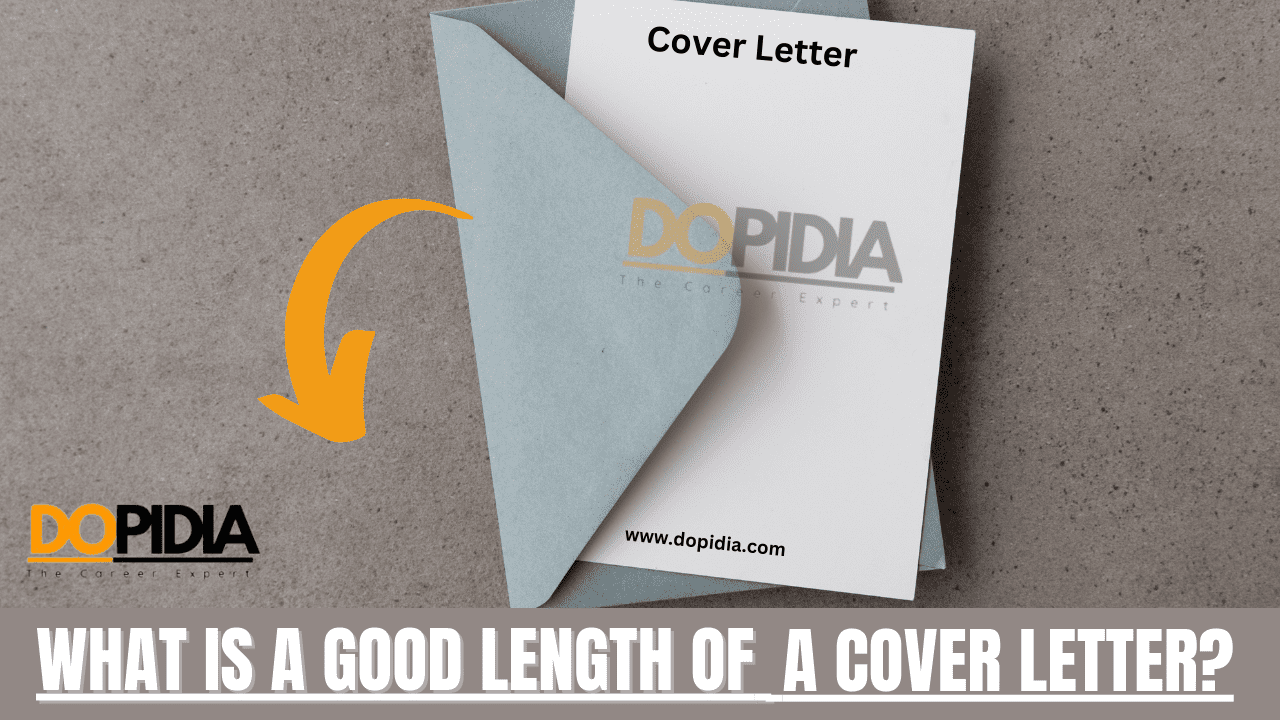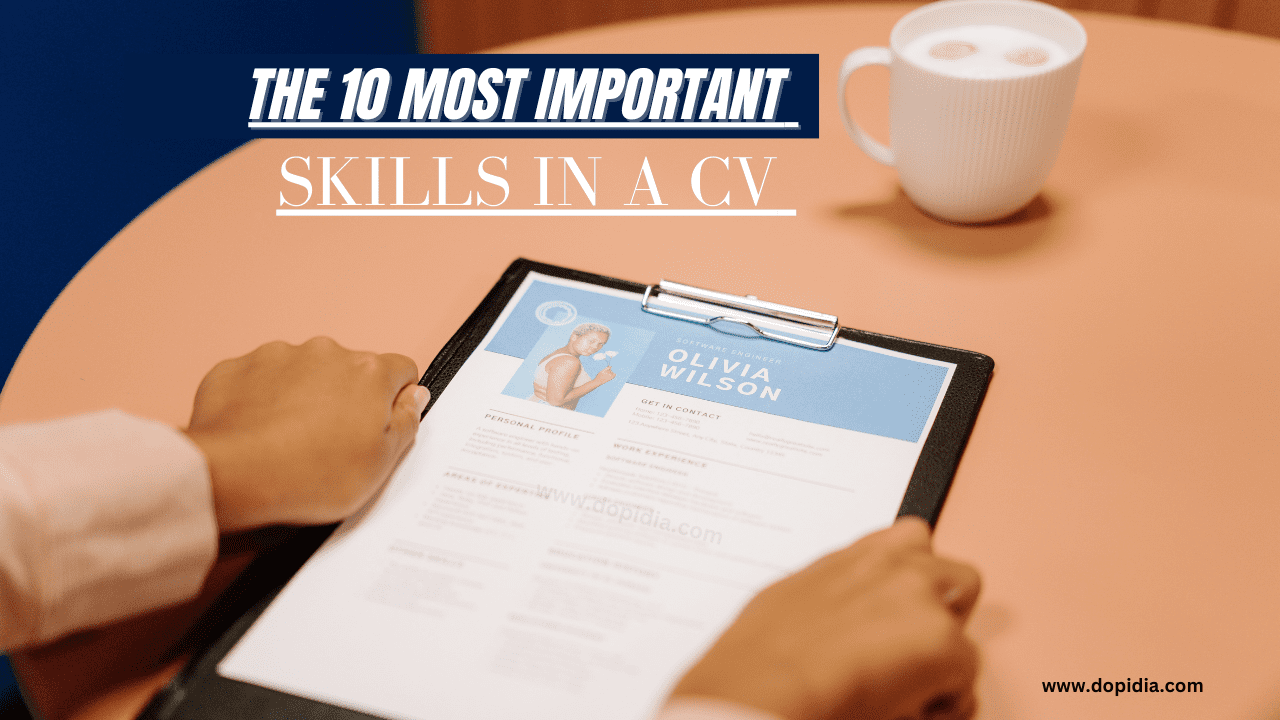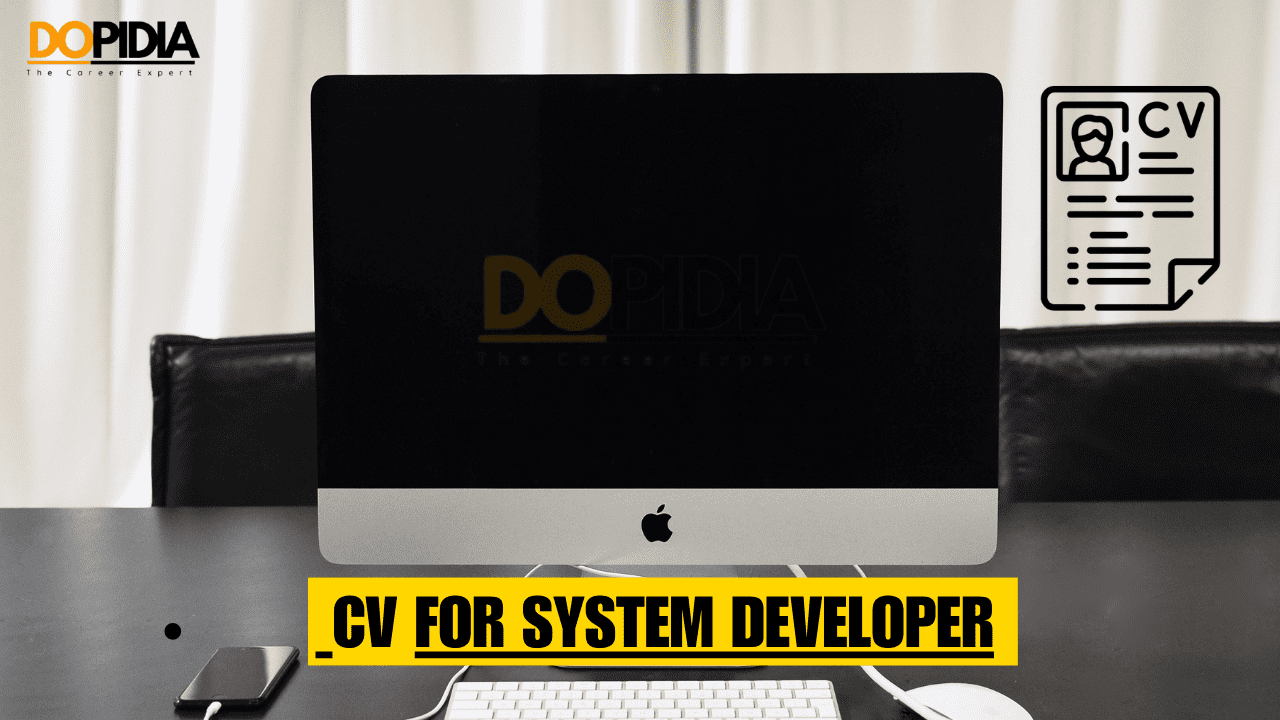What is a Good Length of a Cover Letter?
How long should a personal letter be? It is a question that we often get and in this article we will try to answer it as well as give tips on how to write a personal letter.
How long should a cover letter be?
That’s a good question, and there’s no simple or straightforward answer to it. It simply depends on the position you’re applying for and your experiences, but generally, most people tend to write cover letters that are too long. A guideline is around half a page or never more than a full page.
Let’s now take a closer look at what a cover letter should include, so you can get an idea of how long (or rather short) it should be.
What is a cover letter?
The cover letter provides you with an opportunity to present yourself more personally than your CV does. Your CV, also known as a resume, is just what the word suggests – a list of your merits and previous experiences. In the cover letter, you have the chance to better describe who you are and what qualifications you possess that make you suitable for the position you’re applying for.
The cover letter should answer questions about why you are seeking a particular position, why you are especially suitable for it, and what the employer gains by hiring you. You should provide an impression of your personality, and the aim is for the employer to quickly understand who you are. You should market yourself, but don’t forget to tailor the text to the advertised position.
Write for the recipient
Depending on where you’re applying for a job, it’s a recruiter, an HR specialist, and potentially your future boss who will be reading your cover letter. That’s why it’s essential to write the letter with them in mind. What do they want to read and know about you?
It’s significant to show that you’ve understood the job advertisement and the position itself. You can do this by incorporating keywords from the ad into the letter. Describe how you meet the specified requirements and how your experiences align with what the employer is seeking. And above all, keep it short and concise.
Example of a Template to Follow
During a recruitment process, several hundred applications may be received. Make it easy for the recipient to digest your letter by using a clear heading, having a few concise paragraphs, and maintaining an attractive format in the letter. For consistency’s sake, use the same layout and font as in your CV.
Furthermore, keep the letter short! Most cover letters are far too long, so remember that the letter should not contain more than five paragraphs, and ideally even fewer.
Rubric
This is your first opportunity to make an impression and pique the recipient’s interest so that they want to read further. The heading should describe you, both your abilities and your personality. Writing impactful headings isn’t entirely easy – our recommendation is to write about ten possible headings and then choose three of them. Then, ask someone who knows you well to provide feedback on the three options and select the very best heading.
Opening paragraph about why you are applying for the position
In this section, it’s essential to demonstrate your interest in the position and the company while mentioning qualities and skills that align with the job. Be sure to approach it from the employer’s perspective.
Writing “I am applying for the job because it fits my experience” doesn’t sound very enticing. Instead, if you write something like “I was thrilled when I saw your advertisement as I believe I can contribute with…” you captivate the reader with your enthusiasm and willingness to contribute your knowledge and skills.
Paragraph Second
In the second paragraph, you can delve into more details about your previous experiences, the goals you have achieved, and the results you have accomplished. It’s entirely acceptable to show good self-confidence and highlight your strengths. You can allow yourself to brag a little (moderately).
YOU MAY ALSO LIKE : How skills development can advance your career
Paragraph Three
The third paragraph ties together the first two points – here, you explain how your skills are a good match for the company and how they would benefit from hiring you.
You can write something like, “You will gain a team member with deep knowledge and experience in…” – it’s essential to be specific. Simply stating that you are a solution-oriented and loyal employee doesn’t say much. However, if you describe in what ways you are solution-oriented and loyal, it becomes much more interesting for the employer. Provide concrete examples of the abilities you want to highlight.
Paragraph Four
It’s essential to show a bit of your personal side as well. In the fourth paragraph, you can talk about interests, your family, and similar things. Avoid writing clichéd sentences like “I enjoy reading, exercising, and spending time with family and friends.” Instead, try to tell a little more in-depth and personal about a part of your life. For example, if you like reading, you can mention who your favorite author is. By being more specific, the recruiters will remember you more easily.
Closing Paragraph
Instead of using “Kind regards,” the letter should conclude with a call to action. For example, “I look forward to meeting you and sharing more about myself” is an indirect request to be called for an interview.
If you are writing a cover letter for a speculative application, meaning you are not responding to a specific job advertisement, you should clarify whether it is you or the employer who is expected to follow up. For instance, you can write, “I will give you a call in a week” or “Please feel free to reach out if you find my profile interesting.”
Use keywords from the Advertisement and be Specific
Be careful when reading the job advertisement and take note of the qualities and experiences they are seeking. Then, highlight these keywords in your cover letter in a concrete manner.
If the ad states that they are looking for someone who is flexible, detail-oriented, and able to handle stress, you should not simply write, “You will find in me a person who is flexible, detail-oriented, and can handle stress” – it’s just repetitive and too generic. Instead, explain why you possess these qualities and provide concrete and clear examples of it.
Don’t Forget Contact Information
Even if you are writing your cover letter digitally, don’t forget to include your contact details. You don’t need to provide your address, but your phone number, email address, and a link to any relevant website should be included in the letter. This makes it easy for those who want to get in touch with you to find your information.
Proofread Your Letter
Be meticulous in proofreading your letter. You don’t want the first impression to be marred by spelling, punctuation, or grammar mistakes. You can also ask a friend to read through your letter to provide feedback. Another tip is to read the letter aloud to yourself to ensure that the text flows smoothly. Sometimes, you may not realize that a sentence is poorly written until it is spoken aloud.
It’s impossible to say exactly how long a cover letter should be. What’s essential is that you include relevant information and entice the reader to continue reading and show interest. At the same time, you should keep it as specific, concise, and brief as possible.
Write no more than five paragraphs and never longer than one page, preferably just half a page. Our advice is to write a first draft and then revise and edit it until the letter is concise and captivating.





I was overjoyed to discover this website on Bing; it was just what I was looking for, and I have also bookmarked it to my favorites collection.